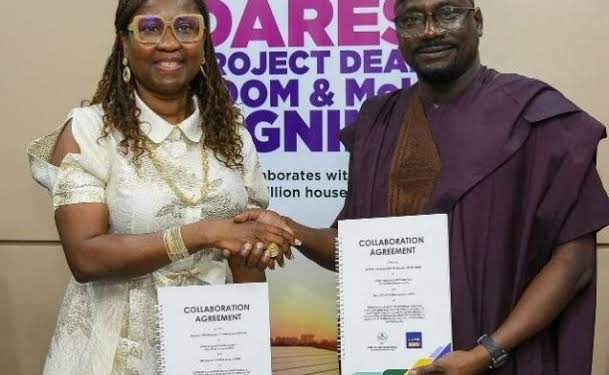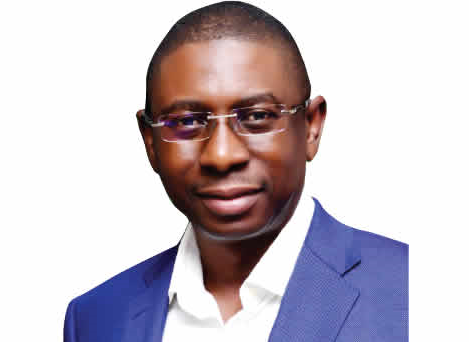In a major push to expand electricity access across Nigeria, the Rural Electrification Agency (REA) and First City Monument Bank (FCMB) have signed a strategic partnership agreement to deploy a ₦100 billion loan facility for renewable energy projects. The agreement, signed on June 19, 2025, at FCMB’s headquarters in Marina, Lagos, marks a defining moment in the government’s drive to deliver sustainable and decentralized power solutions to millions of Nigerians.
The financing facility will accelerate the implementation of the Distributed Access through Renewable Energy Scale-Up (DARES) initiative, which was launched with a $750 million World Bank fund. The DARES programme aims to deliver reliable, off-grid electricity to around two million households in underserved and unserved areas across the country. This new partnership opens a gateway for increased private sector investment in the rural electrification space, establishing a commercial financing model that will work alongside public sector support.
At the heart of the agreement is a revolving loan structure in which FCMB will provide ₦1 billion in financing per eligible mini-grid developer over a two-year period. The arrangement has been designed to support both isolated and interconnected mini-grids, with flexibility to expand as more developers participate. The initiative also includes support for productive-use applications that power small businesses, agro-processing, and local industry, helping to boost rural economies through reliable energy.
The Managing Director and CEO of FCMB, Yemisi Edun, described the partnership as a bold step in using financial innovation to power inclusive development. She stated that access to electricity remains a fundamental driver of economic empowerment, and the initiative would help transform entire communities by supporting education, enterprise, and livelihoods. Edun emphasized that the collaboration combines infrastructure delivery with smart financing to ensure that no community is left behind in Nigeria’s energy transition journey.
A notable feature of the launch was the introduction of a “Deal Room,” a dedicated platform that will allow project developers to engage directly with REA and FCMB on financing terms, project structures, and disbursement procedures. This platform is expected to streamline access to funding, clarify project eligibility, and support developers through each stage of the process. It also represents an important knowledge-sharing space where both financial institutions and energy stakeholders can work hand-in-hand to de-risk investments.
In this model, FCMB is expected to finance up to 70 percent of approved project costs, with REA retaining control over the performance-based grants that will be disbursed through a reserve account in the bank. This structure is designed to reduce the risk of default, increase investor confidence, and create a stable environment for sustainable energy investment.
The DARES initiative, approved by President Bola Ahmed Tinubu and guided by the Federal Ministry of Power, aims to impact over 17.5 million Nigerians through increased access to clean, affordable electricity. The collaboration with FCMB not only fast-tracks this vision but also sets a precedent for how public-private partnerships can bridge infrastructure gaps and accelerate national development goals.
With this new loan facility in place, developers now have a clear pathway to funding, while rural communities stand to benefit from the economic and social opportunities that come with reliable power. The REA and FCMB partnership demonstrates that targeted investment, when matched with technical know-how and sound governance, can create real change—lighting up homes, empowering businesses, and fueling inclusive growth across Nigeria.










